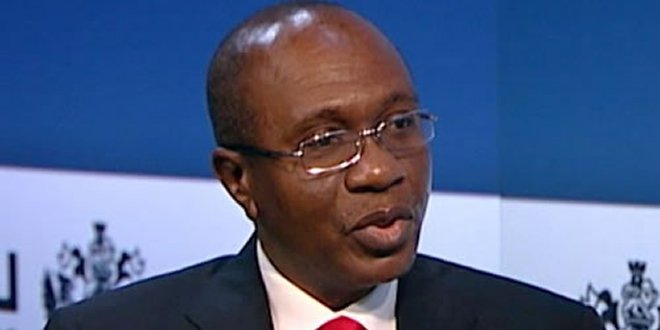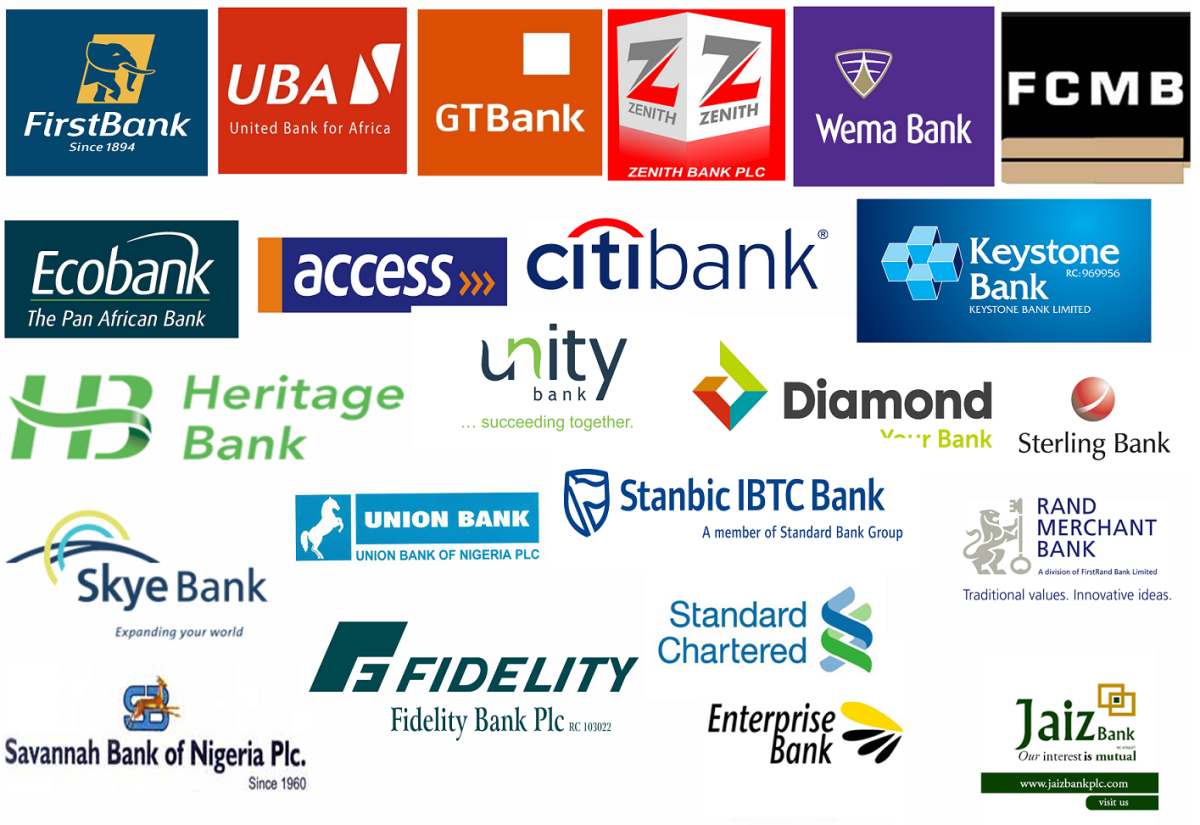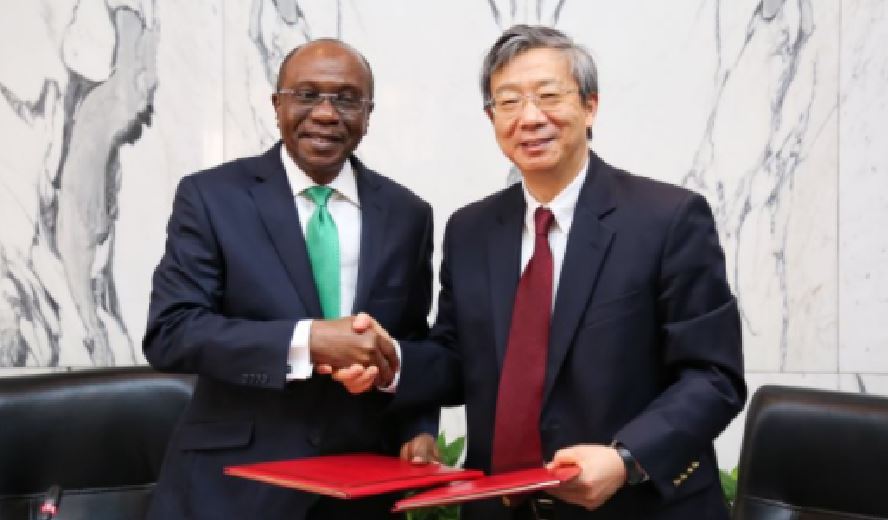Oil marketers on Sunday appealed to Federal Government to effect quick payment of its outstanding N800 billion subsidy debts.
The marketers, under the aegis of Major Oil Marketers Association of Nigeria (MOMAN) and Depot and Petroleum Products Marketers Association (DAPPMA), made the appeal in a joint interactive session with journalists in Lagos.
They urged government agencies saddled with the settlement of the payment to expedite action to save marketers from closing shop as interest on loans mounted.
Senate Committee on Petroleum (Downstream) had in its Oct. 31 resolution directed the Ministry of Finance and the Debt Management Office (DMO) to meet with oil marketers and other stakeholders on grey areas and report back within one week.
Mr Clement Isong, Executive Secretary of MOMAN, said that the unpaid debts had negatively impacted their working capital leading to their inability to pay their banks and service providers.
He urged government agencies concerned to address the bureaucratic bottlenecks causing the delay in the payment process, adding that the delay had resulted in degrading oil and gas downstream subsector and hampered marketers’ business operation.
MOMAN is a downstream oil and gas group made up of six major marketers including Mobil, Conoil, OVH Energy, Forte Oil, MRS Oil and Total Nigeria Plc.
The MOMAN scribe re-assured government of their readiness to ensure availability of petroleum products across the country during and after the yuletide period, adding that marketers were fully ready to work with government on effective products distribution.
According to him, the major challenge the Nigerian downstream petroleum sector is facing is the non-payment of the long outstanding fuel subsidy to oil marketers.
“We appreciate the efforts of the National Assembly and the Federal Executive Council in approving payment, but the non-payment creates a significantly negative impact on the operational efficiency of the downstream sector of the oil industry.
“Thereby placing a severe strain on its efforts to continually invest in infrastructure and raise industry standards.
“We hope that the debts will be paid in full to the oil marketers as soon as possible,” he said.
Isong disclosed that the debt owed MOMAN members alone stood at over N130.7 billion as at August 2018.
He said that once reconciliation had been done and a particular figure was agreed as debt, he could not understand why settlements had not been made.
Similarly, Executive Secretary, Deport and Petroleum Products Marketers of Nigeria, Olufemi Adewole, said that the processes highlighted for payment by the government were inimical to the operations of their businesses.
Adewole said: “The processes they have highlighted is killing our businesses. Immediately the banks read in the media that the National Assembly had approved, they went to court, got injunction and seized our assets.”
Adewole said that 60 per cent of marketers have been forced out of business as banks have taken over their depots, assets and properties, due to their inability to pay back monies borrowed to import fuel.
He said many marketers were forced out of business, while others are struggling to survive due to government’s inability to settle the subsidy arrears, saying the development is threatening investment in the downstream subsector.
The DAPPMAN scribe stressed that while the Federal Government had earmarked money to clear the debts, the marketers were yet to be paid.
“The debt has had very adverse effects on our operations. I am aware of two depots that have been forcibly taken over by banks, because they got injunctions from the courts.
“They did so the moment they heard that the National Assembly approved payment of the debt to marketers. Unfortunately, as at today the money was yet to get into our accounts,” he said.
Adewole pointed out that the other challenge was that many of the marketers had laid off more than 90 per cent of their staff because of financial constraints.
He however said that government had promised that part of the money would come as promissory note and cash, saying the information gathered was that the government may pay only in promissory note.
“It means you have to go back and discount this promissory note in the bank. This means we are losing because the money has been delayed and this adds to the interest to be charged on our accounts.
Recall the Debt Management Office (DMO) on Oct. 31, says it has commenced the accelerated implementation of settlement of government arrears through promissory notes to oil marketers.
The DMO made this known in a statement issued in Abuja when it met with the Senate Committee on Downstream Petroleum Sector to discuss the issue of the outstanding payments to oil marketers.
According to the statement, the implementation is in line with the process approved by the Federal Executive Council (FEC).
It also quoted Sen. Kabiru Marafa, Chairman, Oil and Gas Senate Committee, as calling the meeting to ascertain the status of the implementation of the approvals given by the National Assembly for the settlement of arrears to oil marketers.
The meeting was attended by representatives from the Ministry of Finance, DMO, Central Bank of Nigeria (CBN), Petroleum Products Pricing Regulatory Agency (PPPRA) and representatives of oil marketers.
The obligations due to the oil marketers represent interest accruals and foreign exchange differentials, it said.


